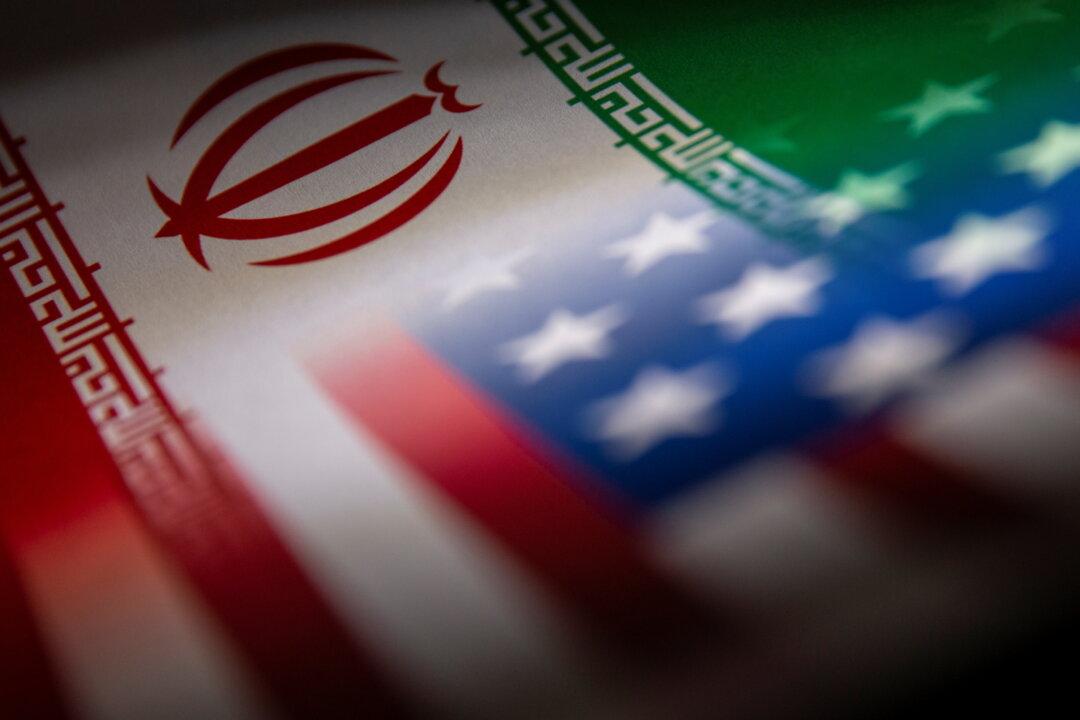Commentary
With the Biden administration releasing an intelligence assessment claiming de facto Saudi leader Crown Prince Mohammed Bin Salman (MBS) approved the grisly 2018 murder of Jamal Khashoggi, the political-media class is once again shedding crocodile tears over his death. Its purpose is more than performative. It is signaling the dawn of the rebooted Obama-Biden administration project to Make the Middle East Great for Islamists Again, aided by the Iran Deal-Muslim Brotherhood echo chamber that is reassembling in real-time to amplify such stories.





